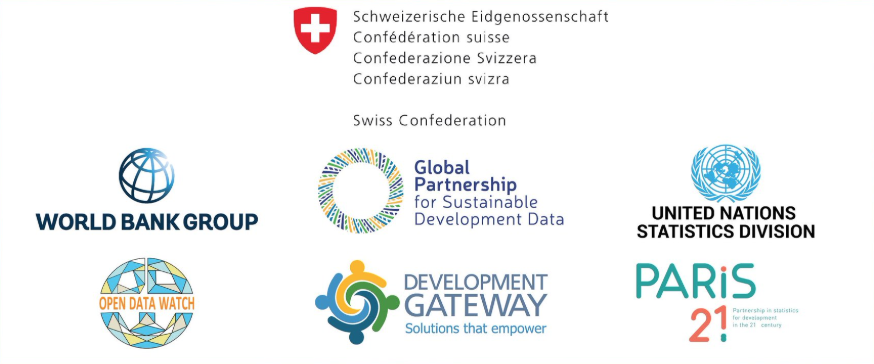Three Recommendations for Better SDG Data Resourcing
Join us this Friday, 12 April, as we further explore resources and opportunities for development data and statistics in Washington, DC.
With the World Bank/ IMF Spring Meetings underway, many of us are keen to explore more and better resources for achieving the data revolution for sustainable development.
As we and others have argued before, a key part of this revolution must involve greater harmonization of data collection and use efforts between country governments and development partners. The OECD/DAC Results Community group recently explored how and whether using the Sustainable Development Goals as a common results framework can support this harmonization. This research identified limited partner country statistical capacity, a proliferation of M&E indicators, and uneven coordination mechanisms as ongoing challenges to more “joined up” approaches.
But importantly, there are proven actions that country governments and development partners can take in the short-term to put our collective data resources to better use:
1. Coordinate and harmonize
In addition to our data ecosystem findings, we and others have found that country government-led development partner / sector working groups can be strong coordination mechanisms. This is particularly true when these groups are used not only as a platform for presenting policy priorities, but also as a forum to exchange lessons learned and new or innovative approaches.
Ideally, these working groups would also provide an opportunity to harmonize data sources and reporting requirements: if everyone uses and needs similar data, there may be greater opportunity to pool investments in country systems, reduce reporting burdens, and focus on achieving results.
2. Get creative about portfolio design
To further enable coordination and harmonization, development partner country offices (in particular) should think holistically about portfolio and project design. Rather than investing in one-off data collection or verification methods, opportunities that support or strengthen country statistical or administrative data systems should be prioritized.
Such opportunities might include adding a rider question/ module onto a national survey to address a data gap, or conducting a data quality analysis before using an administrative data system. Such investment, use, and technical assistance can lead to stronger data ecosystems in the long-term – representing a greater return on investment than single-use data collection. Further, using country systems can facilitate greater opportunities for joint investment with other donors.
3. Be realistic (and flexible)
Development partner agencies often have varying levels of decentralized decision-making and corporate reporting requirements. Particularly in more decentralized contexts – where country offices have greater ownership over portfolio design and management – there may be tensions between corporate-level data requests, and country systems’ data availability.
Discussions with development partner staff suggest that the more proactive headquarters can be at managing expectations – and making a systems capacity-strengthening approach part of positive corporate narratives – the stronger partnerships for SDG data can be. Additional recommendations included providing more flexible project or portfolio (sector or country)-level funding for data systems strengthening, and sharing lessons learned between country offices on what works in using country systems.
As we talk about catalytic investments to meet SDG data needs, we can also learn from (and celebrate!) what has worked to-date. Join us this Friday, 12 April, as we further explore resources and opportunities for development data and statistics in Washington, DC.

Thumbnail Image credit: The World Bank, (CC-BY-NC-ND 2.0)
Share This Post
Related from our library

Harnessing the Power of Data: Tackling Tobacco Industry Influence in Africa
Reliable, accessible data is essential for effective tobacco control, enabling policymakers to implement stronger, evidence-based responses to evolving industry tactics and public health challenges. This blog explores how Tobacco Industry strategies hinder effective Tobacco control in Africa, and highlights how stakeholders are harnessing TCDI Data to counter industry interference.

Building a Sustainable Cashew Sector in West Africa Through Data and Collaboration
Cashew-IN project came to an end in August 2024 after four years of working with government agencies, producers, traders, processors, and development partners in the five implementing countries to co-create an online tool aimed to inform, support, promote, and strengthen Africa’s cashew industry. This blog outlines some of the key project highlights, including some of the challenges we faced, lessons learned, success stories, and identified opportunities for a more competitive cashew sector in West Africa.

Digital Transformation for Public Value: Development Gateway’s Insights from Agriculture & Open Contracting
In today’s fast-evolving world, governments and public organizations are under more pressure than ever before to deliver efficient, transparent services that align with public expectations. In this blog, we delve into the key concepts behind digital transformation and how it can enhance public value by promoting transparency, informing policy, and supporting evidence-based decision-making.